|
Film by Sam Soko now playing in virtual cinemas ahead of PBS POV debut The Kenyan activist turned political candidate Boniface Mwangi is known as "Softie," a nickname he got as a kid. "I was the softest child," Mwangi explains in the new documentary Softie. "I was the smallest child and they thought I was very weak. So they would call me 'Softie.'" The nickname stuck, although its meaning is belied by the man Boniface became. He has displayed remarkable strength, first as a war photographer braving violence in the streets to document his country and later as an activist and candidate for parliament subjected to beatings, arrest and death threats. You have given your country your life. The documentary directed by Sam Soko and produced by Soko and Toni Kamau is now playing in virtual cinemas in the U.S. (click here for theater options), and is set to debut on the PBS series POV on October 12. The film follows "Softie" as he tries to balance his commitment to his family — his wife Njeri and their three young children — and his compulsion to bring desperately needed political change to Kenya. "He rose to become one of, if not the biggest activists in Kenya," Soko told me at the Sundance Film Festival in January, where Softie premiered. "It kind of felt to him like a natural progression to get into politics because in his experience he saw that activism only went so far in terms of engaging with the political class and people in power. So the idea of getting into politics was to fight them in the inside, so to speak." Some of the reforms Mwangi sees as vital to his country stem from the pernicious legacy of British colonial rule in Kenya. The British fostered an identity politics new to Kenya, pitting members of one tribe against another — citizen against citizen. "We are culturally flawed to a point based on how the British interacted with us and the relics of what they left," Soko explains. "I think our tribal separations are the biggest example of that in terms of how they defined how we view each other and they, over time, changed our view of the other person. Instead of seeing people as human beings they defined [us] as a tribe." That tribalism continued even after Kenya gained independence in 1963. "With the historical divisions that were emphasized by the British among tribes, successive governments — people who were positions of power — used the exact same toolbook to divide and rule," Kamau observes. "People in power will always try to divide the 'proles' [proletariat]. They will also try to divide the masses, you're going to always emphasize the differences." Boniface's mission has been to end that form of divisive politics, beginning with a symbolic gesture close to home. "He chose not to give his kids a name from his tribe," Soko comments. "That's something that as Kenyans, [you think], 'Oh, I can do that?' You don't think it's something that's in your power to do. Well, it is. You can do it. And when that happens and we see this family grow and interact in that space you see how it is possible for us to change these relics that were left [by the British]." Becoming an activist and then a candidate put Mwangi's life at risk. There are multiple scenes in Softie where Boniface is attacked by police or military while engaging in peaceful protest. "I have many fears of losing him," his wife Njeri admits in the film. After he announced his run for parliament, Mwangi became an increasing target of death threats. Eventually those threats expanded to include his wife and children. "I'm not afraid of death. That's not a scary thing for me," Boniface comments. "I'm just concerned about my family and [their] well-being." Among the other major obstacles Boniface encountered was trying to get people to believe in the viability of his candidacy as an outsider to the power structure. "When Boniface was running in the elections some people admired him, but a lot of times they were like, 'Oh, he has an independent party. He's not aligned with the big parties. Who's this guy? He has no chance of winning,'" Kamau notes. "America in particular has this kind of culture of telling David and Goliath narratives, you know, the underdogs. Sometimes they don't win, but it's important that you tell the story of the journey. In Kenya, we do not tell underdog narratives at all. Even when it comes to politics, when it comes to everything, the mass media always frames the stories from the perspective of the big person, the person with power, the person in control is the one who will always win." Softie was an official selection of CPH:DOX in Copenhagen, the Full Frame Documentary Film Festival in Durham, North Carolina and the opening night selection of the Hot Docs International Documentary Festival in Toronto. At Sundance, the film won a Special Jury Award for Editing. It was first Kenyan film to be accepted at the festival. "One of the big personalities in Kenya posted when we got into Sundance. They said they're proud of us not because we got into Sundance but we had the audacity to apply to Sundance," Soko recalls. "And we had the same audacity to talk to POV and they bought the film. I hope they're ready for the amazing stories that are coming from our space, like not only from us but there's such incredible narratives that exist in Africa and East Africa, in Kenya, that relate to the world, that connect to the world and speak to where we're going as human beings and how we need to grow as human beings in embracing each other's lives and cultures. Just love for each other." Kamau underscores the significance of Softie getting into Sundance and playing on American television. "We've been receiving a lot of American content [in Kenya] for a long time now — it's been a one-way stream, I wouldn't even say 'conversation,' it's been a one-way blasting of information," Kamau tells Nonfictionfilm.com. "And now we're saying, 'This is our point of view. This is where we come from and can you understand who we are so we can start actually having conversations.'" Adds Soko, "And learning from each other." |
AuthorMatthew Carey is a documentary filmmaker and journalist. His work has appeared on Deadline.com, CNN, CNN.com, TheWrap.com, NBCNews.com and in Documentary magazine. |
- Home
- News
- Videos
-
Galleries
- 2019 Tribeca Film Festival
- Full Frame Documentary Film Festival
- 2019 SXSW Film Festival
- SXSW 2018 Gallery
- 2019 Sundance Film Festival
- Outfest 2018 Photo Gallery
- Outfest 2017
- Sundance 2018 Photos
- 2017 LA Film Festival
- 2017 Cannes Film Festival
- Tribeca Film Festival 2017
- SXSW 2017 Gallery
- 2017 Berlin Film Festival
- Sundance 2017 Gallery
- 2016 Los Angeles Film Festival
- Cannes Film Festival 2016
- SXSW 2016 Gallery
- Berlinale 2016 Gallery
- Sundance 2016 Gallery
- Filmmaker Gallery
- About
- Contact
Proudly powered by Weebly
- Home
- News
- Videos
-
Galleries
- 2019 Tribeca Film Festival
- Full Frame Documentary Film Festival
- 2019 SXSW Film Festival
- SXSW 2018 Gallery
- 2019 Sundance Film Festival
- Outfest 2018 Photo Gallery
- Outfest 2017
- Sundance 2018 Photos
- 2017 LA Film Festival
- 2017 Cannes Film Festival
- Tribeca Film Festival 2017
- SXSW 2017 Gallery
- 2017 Berlin Film Festival
- Sundance 2017 Gallery
- 2016 Los Angeles Film Festival
- Cannes Film Festival 2016
- SXSW 2016 Gallery
- Berlinale 2016 Gallery
- Sundance 2016 Gallery
- Filmmaker Gallery
- About
- Contact

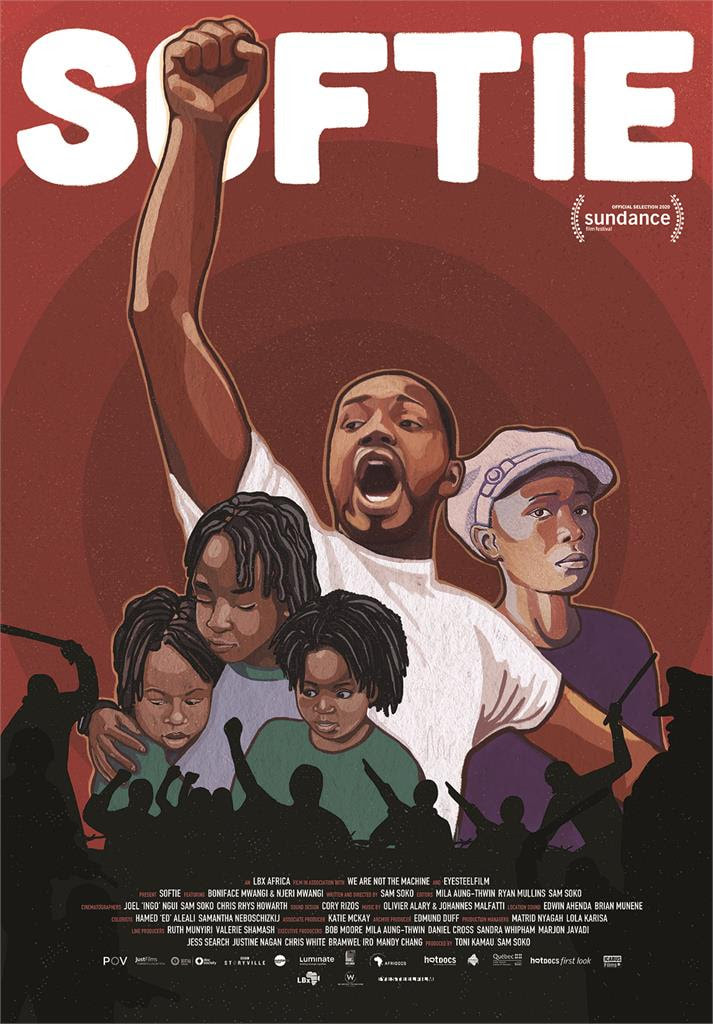
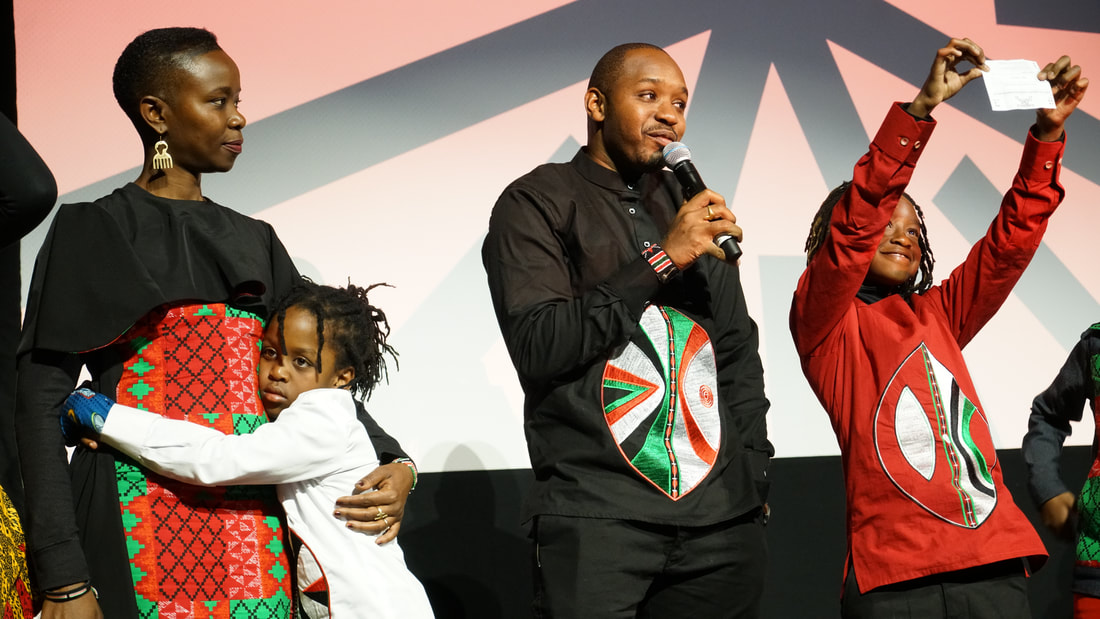
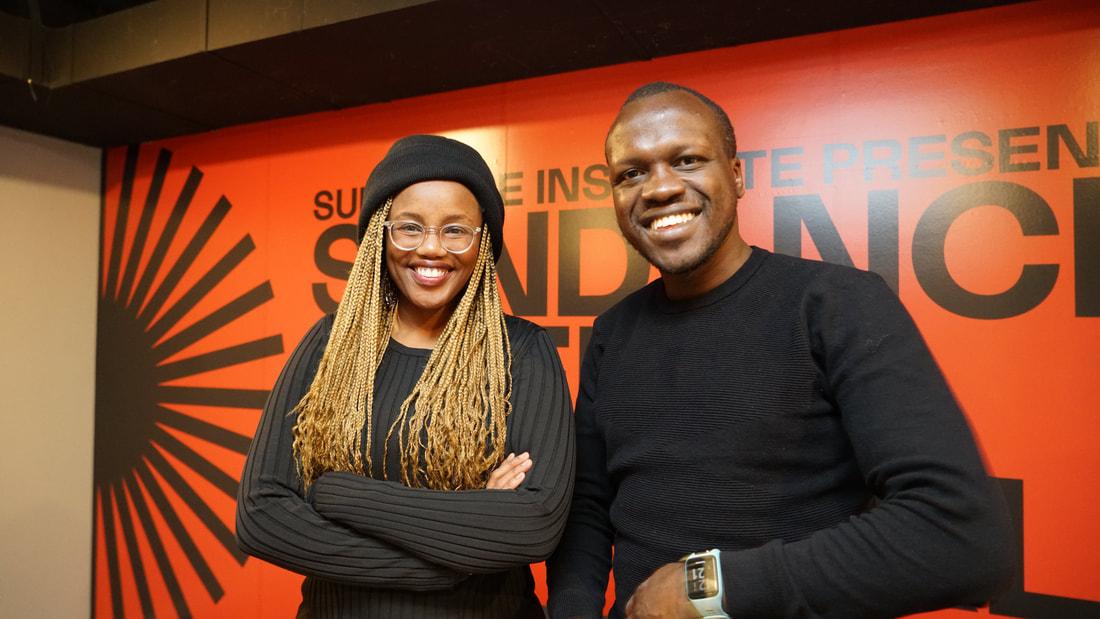
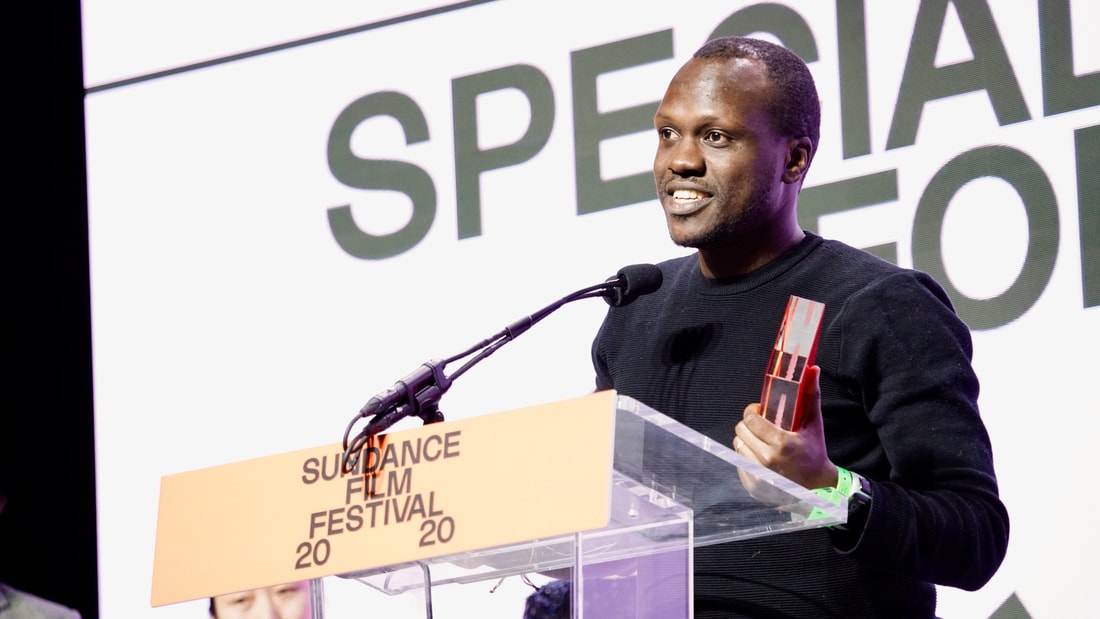
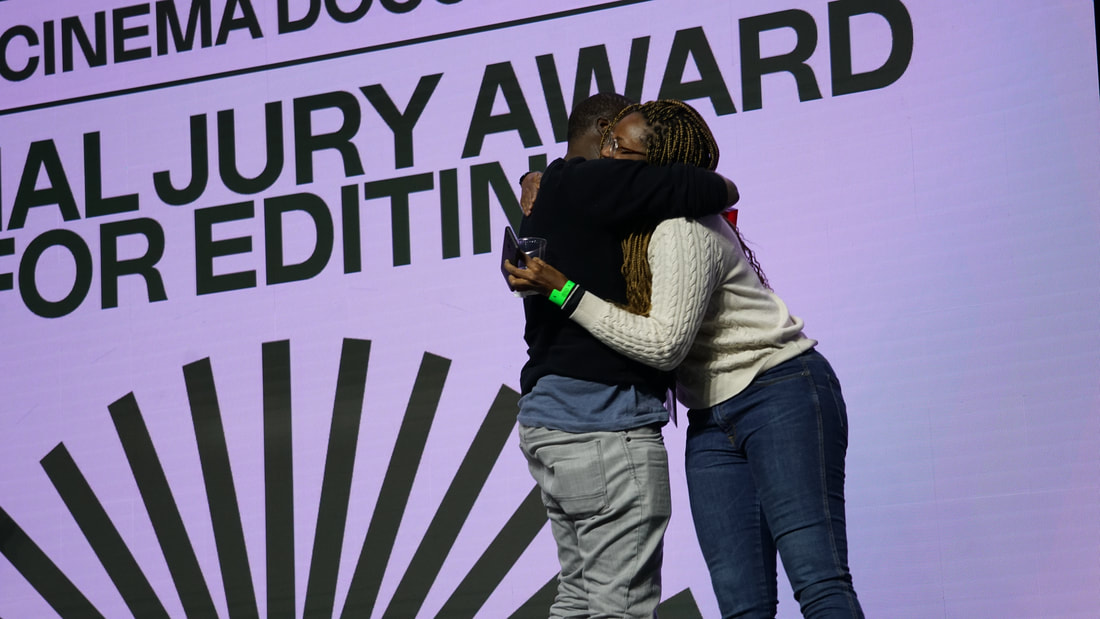
 RSS Feed
RSS Feed